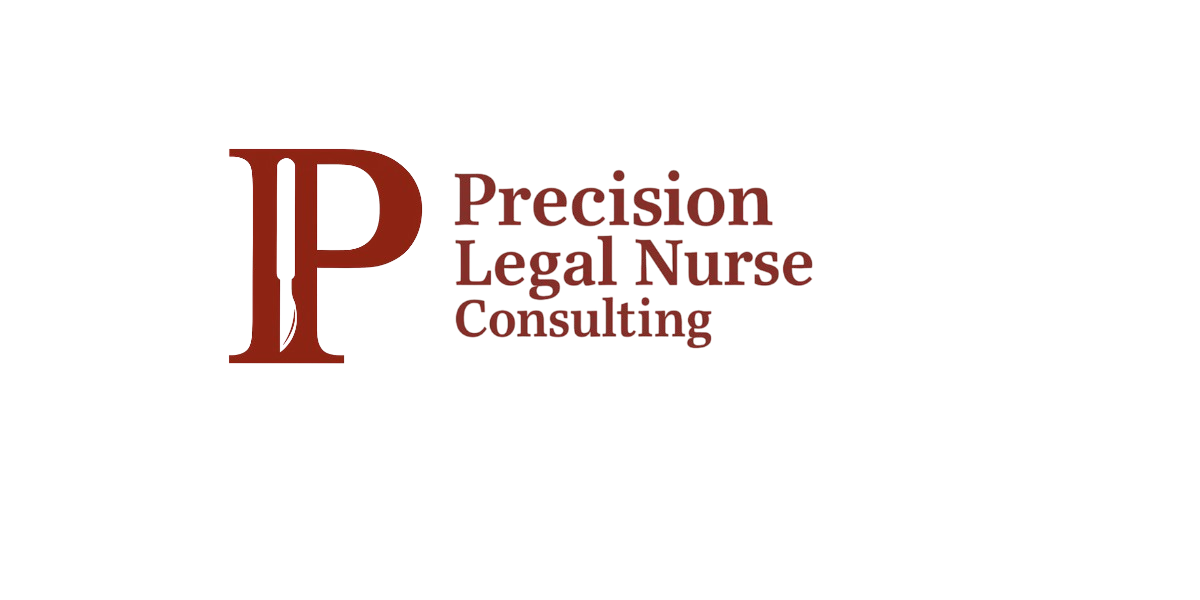Idaho’s Community Standard of Care: How To Build Admissible Experts and Stronger Med-Mal Cases
Most Idaho med-mal cases don’t fail because the care was defensible, they fail because the expert was excluded.
Idaho has among the most stringent expert witness requirements in the country. Not because the care is different, but because Idaho Code §§ 6-1012 and 6-1013 require experts to demonstrate familiarity with how care is actually delivered in a specific community.
As a circulating RN and legal nurse consultant working inside Idaho hospitals, my role is to help attorneys avoid exclusion problems and build stronger cases from day one.
Below is exactly how I support plaintiff firms operating within Idaho’s unique legal framework.
Why Idaho Experts Get Excluded
Idaho courts consistently require that every expert show:
How they learned the local community standard
That they understand how care is actually delivered in this community
That they reviewed policies, depositions, and facility-specific evidence
The number one reason experts get struck?
They cannot articulate how they became familiar with Idaho’s standard of care.
Idaho appellate decisions repeatedly hold that:
Being board-certified is not enough
Relying on generic national guidelines is not enough
Saying “this is how we do it where I practice” is not enough
Without a solid foundation, cases can collapse even with serious injuries and concerning care.
How a Local Expert Consultant Solves This Problem
This is where I come in.
I Build Community-Focused Case Reports
Every chronology, deviation analysis, and early case screen I produce answers one essential question:
Does the care align with the standard expected in this community?
I identify:
Local workflow norms
Deviations from expected perioperative practice
Differences across Boise, Nampa, Twin Falls, Idaho Falls, and rural facilities
This gives attorneys a strategic advantage before retaining an expert.
I also source, screen, and prepare expert witnesses and ensure they are properly equipped to demonstrate familiarity with local practice.
I Help Attorneys Build the Required Expert Foundation
In Idaho, an expert must establish how they became familiar with the community standard before their testimony is admissible. This is where many experts fall short.
I guide experts through a structured, defensible process of learning how care is actually delivered in this region.
How to Establish Community Familiarity
I walk the expert through:
Review of hospital and system policies
Facility-level workflows
How national standards compare to local capability
A documented basis they can reference in testimony
I prepare a community familiarity orientation packet so the expert can truthfully testify:
“I reviewed local policies, deposition testimony, and facility workflows to understand how care is delivered in this community.”
This eliminates the classic defense attack:
“Doctor, you’ve never practiced in Idaho, have you?”
I Identify the Right Items to Subpoena
I create a targeted subpoena/discovery list that includes:
Chain-of-command and escalation policies
Helpful in cases involving deterioration, delayed escalation, or missed warning signs.PACU discharge criteria
Critical for PACU injuries, airway concerns, neuro decline, and premature discharge cases.Transfer and transport protocols
Clarify expected timing, response pathways, and handoff requirements.Staffing patterns and coverage models
Provide context for workload, supervision, and resource availability.Emergency response workflows
Show expected steps during complications, codes, or rapid deterioration.In-house vs on-call specialty coverage
Helps experts explain what capabilities were realistically available at the time.
These documents give the expert a clearer picture of what was expected locally, what resources were available, and how facility workflows compare to national standards - all essential for establishing community familiarity.
I Help Attorneys Match Specialists Appropriately And Build Equivalency.
Idaho courts recognize that board-certified specialists can testify if:
Resources are comparable, and
The expert explains why national standards align with local capability
I help attorneys:
Retain the correct specialty
Document equivalence between national norms and local resources
Build the foundation Idaho judges expect
This reduces avoidable exclusion issues and strengthens case development early.
I Provide Real-World Workflow Insight That Policies Don’t Capture
Policies don’t tell the whole story.
As an Idaho circulating RN, I help clarify:
Typical staffing ratios
How call schedules and cross-coverage work
Escalation pathways during complications
Transfer timelines and real constraints
What “normal workflow” looks like inside OR, PACU, ED, and ICU settings
Experts need this context to avoid misrepresenting community practice.
I Strengthen Case Viability at Every Stage
From first look through litigation support:
Early Case Screening
I determine:
Whether an appropriate expert can be identified
Whether alleged deviations align with local care patterns
Whether the case has medical and procedural viability
Chronology & Deviation Analysis
I map:
What happened
Why it matters
Where care aligned or diverged
How the timeline supports the case theory
Expert Sourcing & Preparation
I orient the expert so their foundation is:
Clear
Defensible
Consistent with local practice
Supported by documented review
If you want stronger experts, fewer exclusion issues, and a case strategy grounded in how care is actually delivered in this community, I can help.
ryder@precisionlegalnurse.com
Precision Legal Nurse Consulting, LLC
